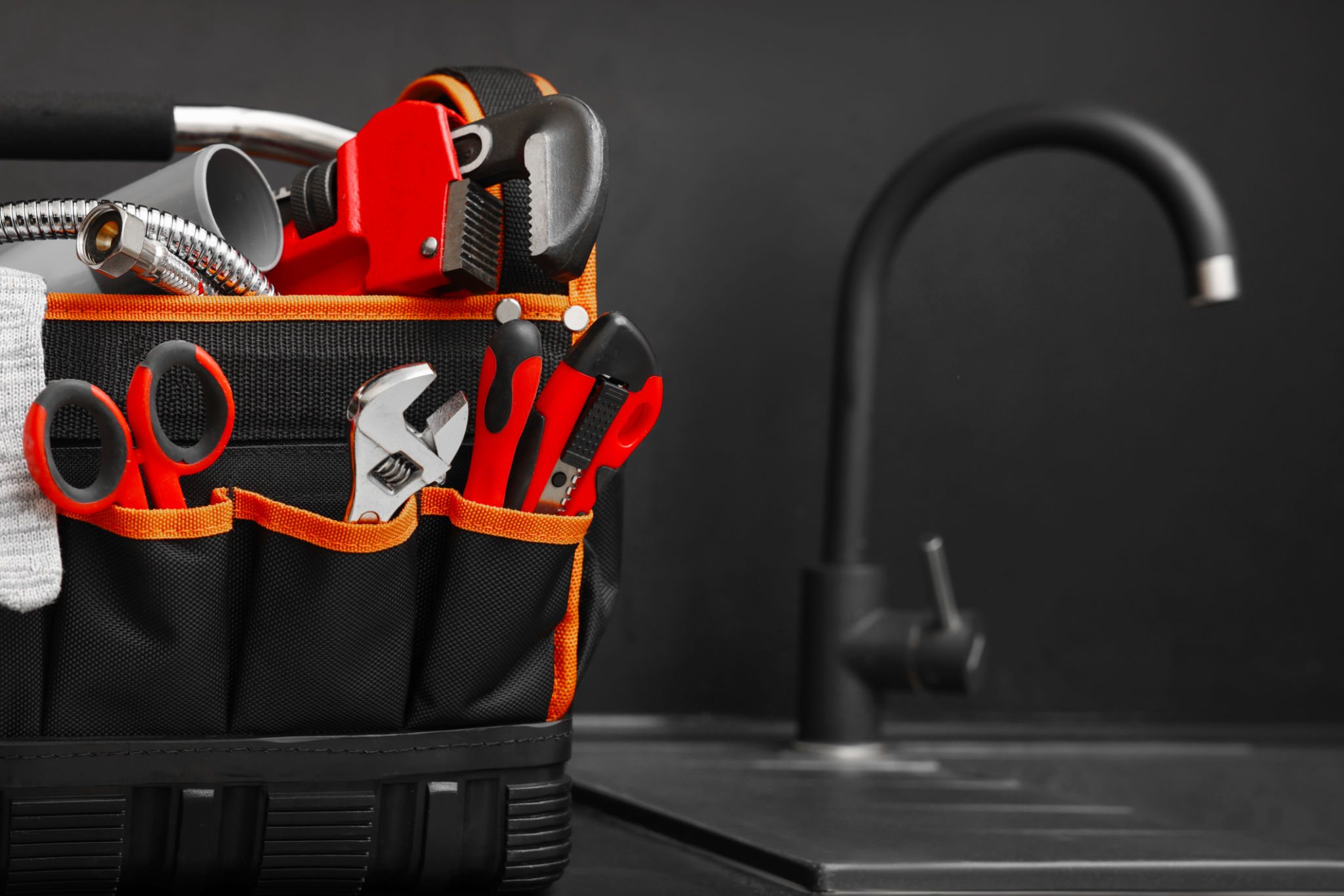Myths About Plumbing: What Really Works
Separating Fact from Fiction in Plumbing
Plumbing myths are surprisingly common, and they often lead to costly mistakes or unnecessary anxiety. It’s time to debunk some of the most prevalent misconceptions about plumbing and clarify what really works. Understanding these myths will help you maintain a functional and efficient plumbing system in your home.

Myth 1: Lemons Clean Your Garbage Disposal
Many people believe that grinding a lemon in your garbage disposal will clean it effectively. While lemons do provide a fresh scent, they don't have the power to sanitize or clean the disposal blades. Instead, try using a mixture of ice cubes and vinegar to clean and sharpen the blades for a more effective solution.
For a deeper clean, consider using baking soda and vinegar. Pour baking soda into the disposal, followed by vinegar, and let it sit for a few minutes before rinsing with water. This combination can help break down buildup without damaging the components.
Myth 2: Flushable Wipes Are Safe for Toilets
Despite being labeled as "flushable," many wipes do not break down easily in water and can cause significant clogs in plumbing systems. Toilets are designed to handle human waste and toilet paper, which disintegrates quickly. Flushing wipes can lead to blockages that require professional intervention.

To avoid such problems, it’s best to dispose of wipes in the trash. Regularly inspect your toilet for any signs of clogging or slow draining, which might indicate the presence of non-dissolvable materials in your pipes.
Myth 3: Running Water Clears Clogs
A common misconception is that running hot water while disposing of grease will prevent it from clogging pipes. In reality, hot water only temporarily liquefies the grease, which can solidify further down the line, causing serious blockages.
Instead, collect used grease in a container and dispose of it in the trash. For existing clogs, try using a plunger or a plumber's snake before resorting to chemical drain cleaners, which can damage pipes over time.

Myth 4: All Plumbers Are the Same
Not all plumbers offer the same level of expertise or service quality. It's crucial to research and choose a licensed and experienced plumber to handle your plumbing issues. Look for customer reviews and ask for recommendations from friends or family to ensure you hire a professional who will provide reliable service.
When selecting a plumber, consider their specialization areas, availability for emergency services, and warranty on their work. These factors can make a significant difference in the outcome of your plumbing repairs.
Conclusion
Being informed about plumbing myths helps homeowners make better decisions and avoid unnecessary expenses. Remember that while some home remedies may seem convenient, they are not always effective or safe for your plumbing system. When in doubt, consult with a professional plumber to ensure your home's plumbing remains in optimal condition.